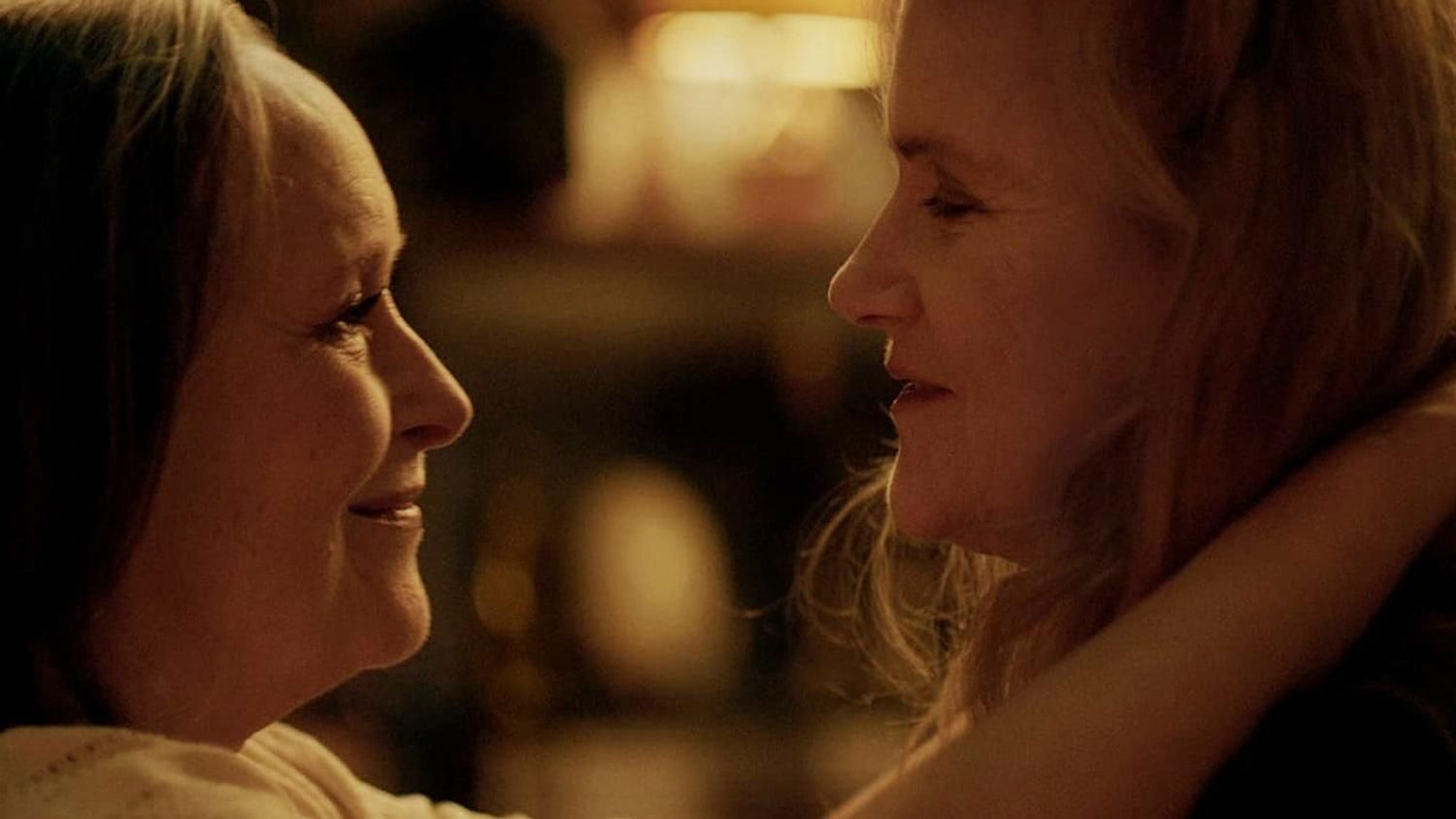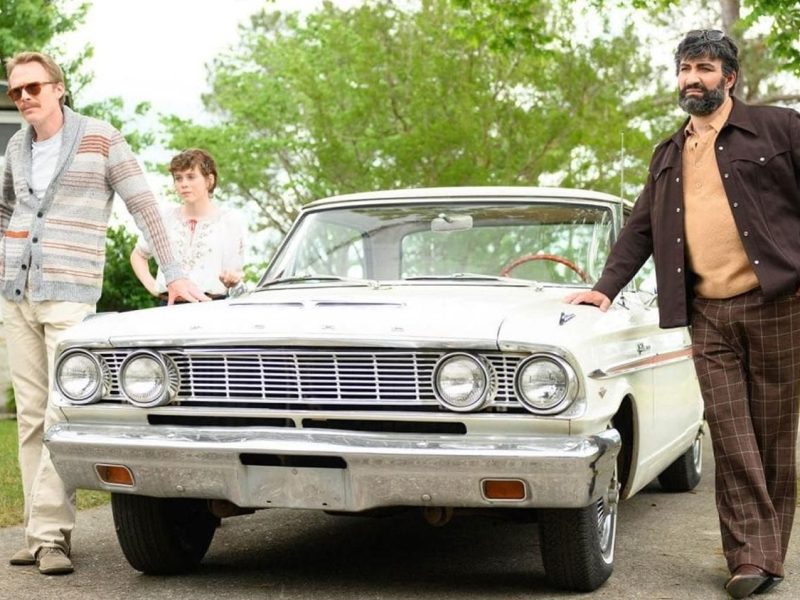Two Of Us Review
Of Us (Deux) Of Us (Deux) is an impressive debut film by Filippo Meneghetti. His dazzling and romantic romance is one to be watched over all time. His unwavering grasp on the complexity of this tale is a breath of refreshing air. It's not only with his depiction of a relationship between lesbians and its portrayal of the intense sexual lust of many during the autumnal season.
It's not an accident it's no coincidence that Nina (Barbara Sukowa) and Mado (Martine Chevallier) reside next to each other, in their extravagant Parisian apartment. They've been inseparable since their early years, they've both performed what they've been forced to do to remain close. Even as they retire, they're able to sneak around as teenagers however, with Mado now widowed, and her children grown, she is able to let go of the responsibilities of motherhood and enjoy in a life of Nina to "be the person we want to be". However, the notion of rejection is what holds an unreserved Mado behind, much to the annoyance of Nina who is a rebel with little to lose. As Mado struggles to keep the truth from him and Nina's anger rises and a tragic incident occurs, it results in Mado being dragged further to the closet.
In the moments when Mado as well as Nina are together it is easy to feel the warmth between them.
In a well-researched and well-observed portrayal of a couple who are in love, Meneghetti injects a touch of genre, with a wink of an action movie when the caretaker creates more obstacles for their marriage to black comedy when maintaining the façade is becoming more and more difficult. However, it doesn't descend into a slapstick comedy. If Mado or Nina are on their own you feel the heat among them (hinted to by a palette of red rust and glowing golds). But, when they are in the presence of other people the desire for them to cool down to avoid provoking suspicion. It's a tiring process and, as exciting as an affair that is secret may be, you'll feel pain for them.
Queer cinema is not a subject to the themes of suppressed love and the risk of societal rejection or discrimination. In the role of Mado, Chevallier embodies these concepts, but is also able to show the ease with which a person can as well be those they love, even if it requires a bit of convincing from her lover. In a scene that is particularly intense which is dramatically amplified by fast-moving whirrrrr of the washing machine Nina is confronted by their estate agents, asking to know if she has an issue with "two old Dykes". The agent's "No no, absolutely not," response is exactly what you want him be saying and to Mado to to believe it -and then, as an angry Nina states, "See? There's no one who cares!"
A tragic incident makes the wonderful Sukowa with the burden of the tale. However, even in her calm and distant state, Chevallier is able to convey all the emotion necessary to keep us captivated in this wonderful relationship.


